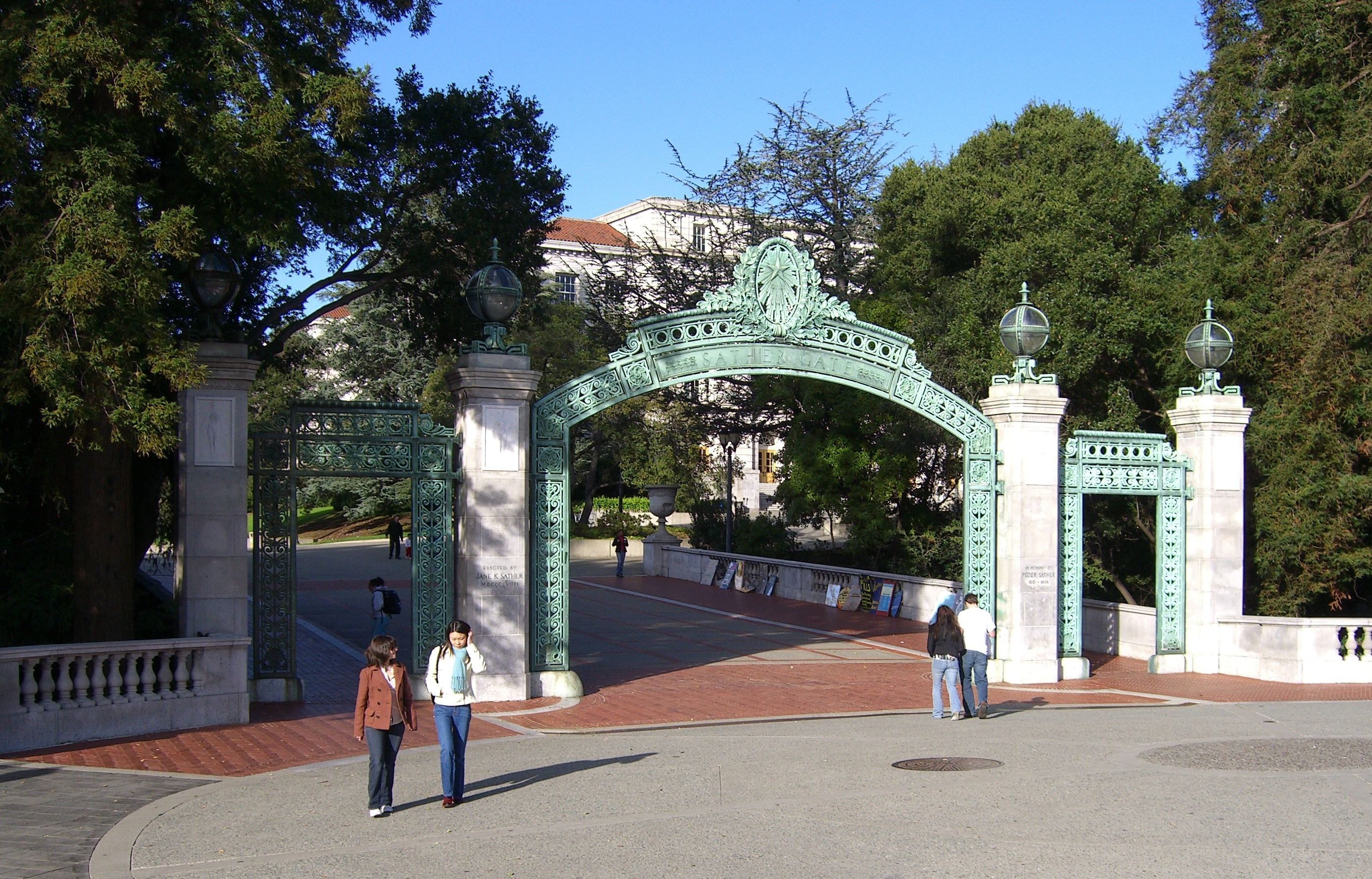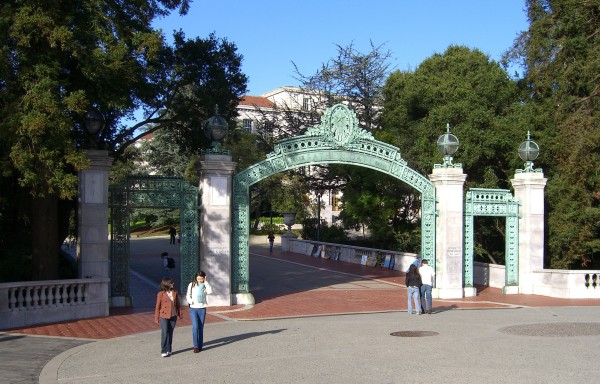Question: What activity would have enough ethical dilemnas to scare off an ethics professor?
Answer: UC Berkeley’s “ holistic” Admissions process.
Ruth Starkman, who at the time was an ethics professor at the University of San Francisco, has written this revealing piece about U.C. Berkeley admissions for the New York Times. California’s Proposition 209 was intended to eliminate the use of race in college admissions, and the University of California (UC) system with its high percentage of Asian Americans is often held up as an example of when affirmative action is eliminated. Will the UC system continue to be so great for Asian Americans? The “holistic admissions process” of UC Berkeley, of which Starkman was an external reader (i.e. an initial application screener brought in to help), aims to look at an applicant’s total life situation when his or her applications is being reviewed. So what’s so bad about that?
In her article, Starkman first describes how holistic review works. On the U.C. Berkeley admissions 1-5 grading scale, a 1 is a definite admit while 2 is a probable. She gives the example of an Indian American with a 3.95 unweighted GPA, 2300 SAT score, perfect 800s on the math and chemistry subject tests, and a score of 5 on 5 AP tests. He is said to lack extracurricular activities, and thus gets a 2. A Mexican American who went to a school with no AP courses, wrote an excellent essay, had a 3.4 GPA and SATs below 1800, ran track when not working in the fields after school with his parents: he gets a 2.5.
I can understand how the holistic process is supposed to work. The Indian American gets the better score, but he isn’t a 1 because of a perceived lack of activities. The Mexican American gets his score raised because of really tough circumstances. I went to a high school similar to that of the Mexican American kid – one with no honors or AP courses. While I had high grades and test scores, I didn’t rank as well as other students with because I had no honors or AP courses. I know I benefited from holistic style review that took into account my high school, and that got me into an Ivy. I can’t say that I am a big fan of proposition 209 – the numbers of my own particular Asian ethnic group dropped dramatically after its passing.
Still, Starkman pointed out experiences with holistic review that bothered her, and they bother me too. I’m not going to paraphrase her whole article (I recommend that you read it), but these items got my attention:
- Room to stereotype and exclude: “After the next training session, when I asked about an Asian student who I thought was a 2 but had only received a 3, the officer noted: ‘Oh, you’ll get a lot of them.’ She said the same when I asked why a low-income student with top grades and scores, and who had served in the Israeli army, was a 3. ‘Which them?’ I had wondered. Did she mean I’d see a lot of 4.0 G.P.A.’s, or a lot of applicants whose bigger picture would fail to advance them, or a lot of Jewish and Asian applicants.”
- Subjectivity: How do you weight all these factors to come up with a score. Says Starkman: “Should I value consistent excellence or better results at the end of a personal struggle? I applied both, depending on race. An underrepresented minority could be the phoenix, I decided.” She later wonders “Does Proposition 209 serve merely to push race underground?”
- Emphasis on the ability to pay: “In one norming session, puzzled readers questioned why a student who resembled a throng of applicants and had only a 3.5 G.P.A. should rank so highly. Could it be because he was a nonresident and had wealthy parents?”
- Holistic review vs the ability to succeed at UC Berkeley: “I wanted to give a disadvantaged applicant a leg up in the world. I wanted to help. Surely, if these students got to Berkeley they would be exposed to all sorts of test-taking and studying techniques. But would they be able to compete with the engineering applicant with the 3.95 G.P.A. and 2300 SATs? Does Berkeley have sufficient support services to bridge gaps and ensure success? Could this student with a story full of stressors and remedial-level writing skills survive in a college writing course?” Starkman cites statistics saying that 92 percent of whites and Asians at Berkeley graduate within six years, compared with 81 percent of Hispanics and 71 percent of blacks. I also wonder if this process ignores the real fix to getting more people ready for UC – improving secondary education.
UC system has been moving toward adopting holistic review at all its campuses. Some Asian American parents have reacted to these changes by doing things like putting their children in poorly performing schools, so that their children can be part of the top percentage of each high school that is guarantteed to be admitted to UC. This also allows them to claim stressors (“I did well in a poor school”) on their applications. Others parents have reacted by avoiding the UC system entirely, going to out of state schools or private schools, as this admissions officer says that private college applications have skyrocketed recently. I went the private school route with The Daughter.
UC Berkeley Asian American admissions don’t seem to be affected by holistic review, at least so far. Still, the points that Starkman raises are worrisome (especially with attitudes like this being out there), so worrisome to her that she doesn’t ever want to be part of the process again. Some of her insights are proving true, as California seniors were admitted at an ever lower rate in 2013 to make room for higher paying out of state students. This follows another drop in 2012 (a drop unfairly blamed on Chinese students). It looks like for the moment, financial incentives outweigh any racial motivations, although UC says it has a 10% cap on out of state students.
(h/t Divina)
(photo credit: Falcorian under Creative Commons license)
- Excited
- Fascinated
- Amused
- Disgusted
- Sad
- Angry









